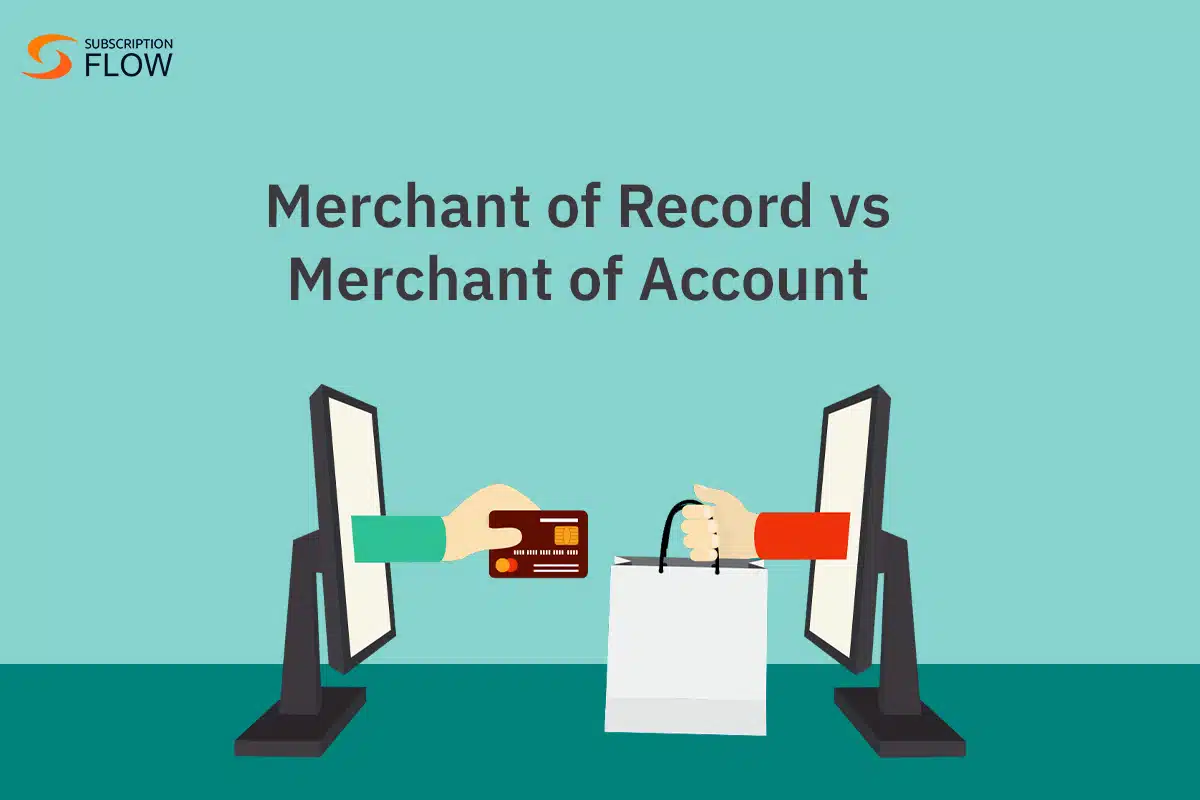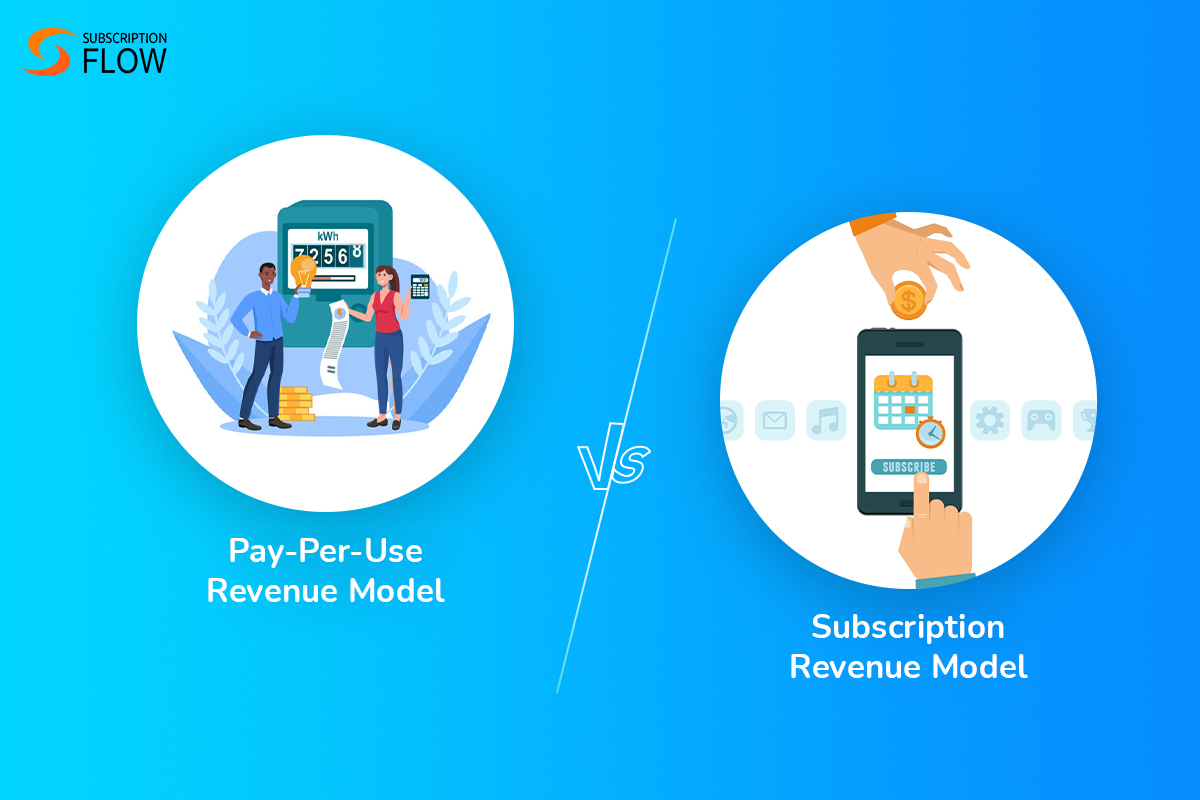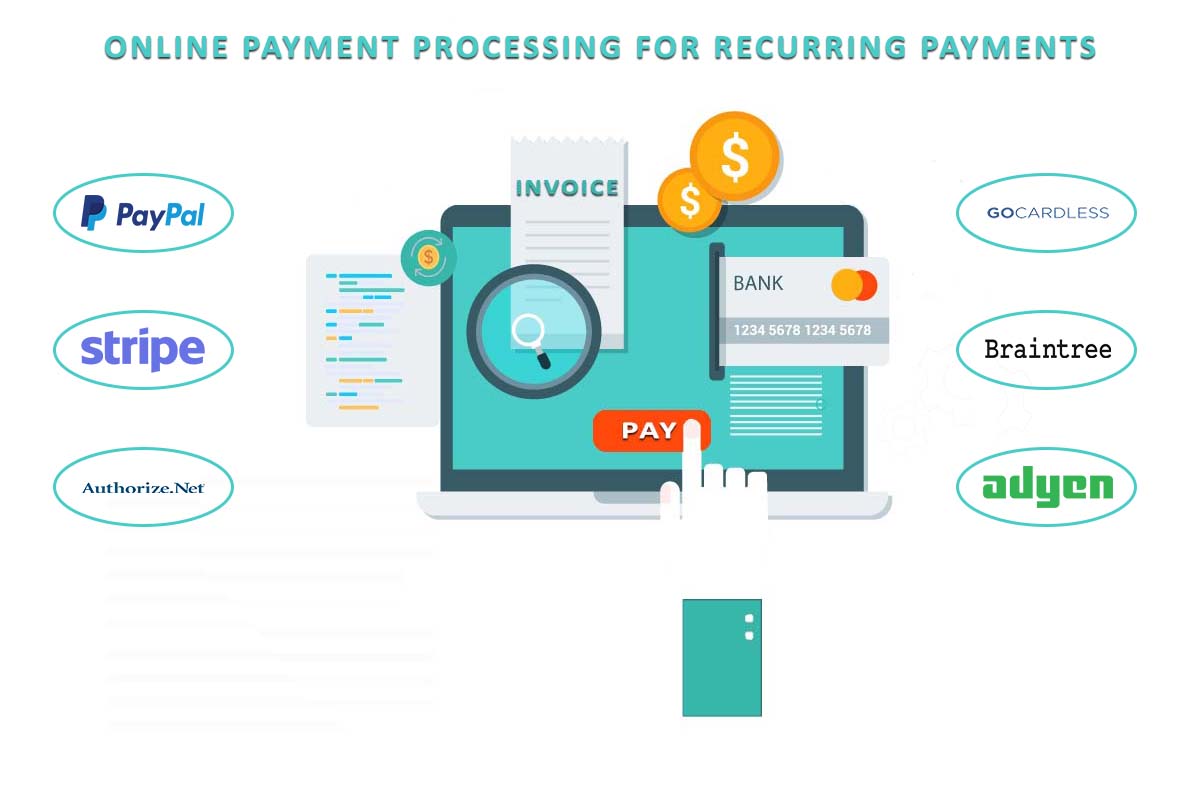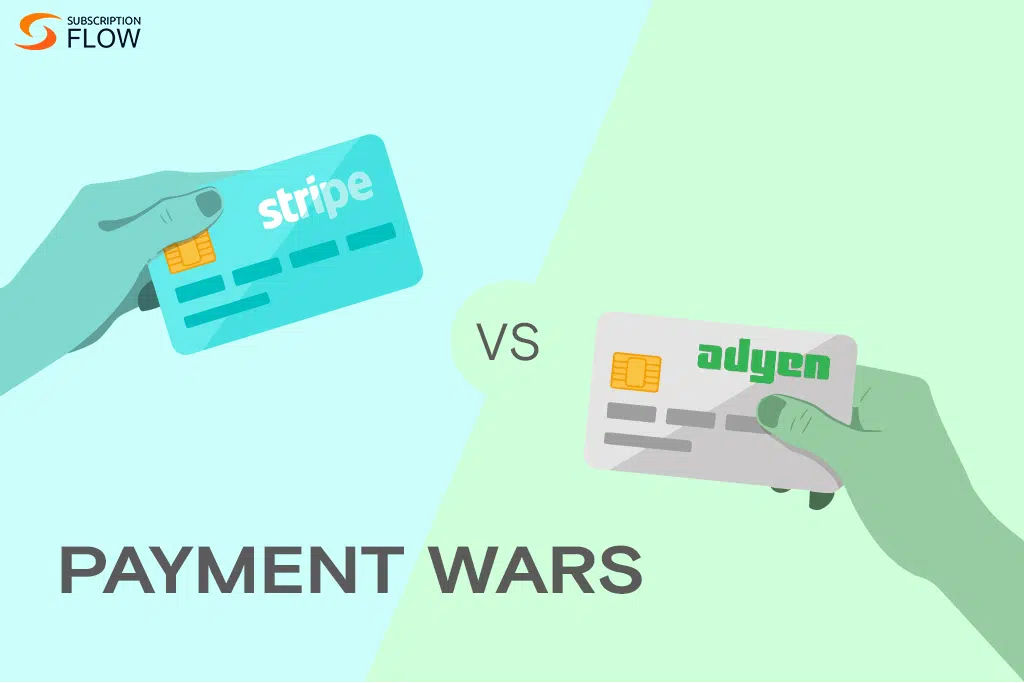
Unpacking Merchant Accounts, Merchant Records, and Payment Gateways for SaaS Success
The reason why it is important for you to know the acute differences between a merchant account vs payment gateway is because it will allow you to better understand the ways in which online payments generally work. And since the processing of online payments is key for the success of any SaaS business in today’s world, it makes the knowledge of knowing the difference between payment gateway vs merchant account just as crucial.
In this blog, and writing from the merchant of record perspective, we will first understand what these terms mean individually, then do a robust comparison of them. Then we will attempt to understand a comparison of merchant of record (MoR) and a merchant of account (MoA), after which we will tell why SubscriptionFlow is just the right fit for you (primarily due to its seamless integrations with both payment gateways and its features of setting up comprehensive merchant accounts that cater to your every need).
Read more: What Is Merchant of Record (MoR)? How It Can Become the Backbone of Your Online Transactions
What is a merchant account?
A merchant account is a type of bank account that receives debit and credit card payments after they are processed through a other components of the SaaS business transactions like payment gateway, physical card terminal, or virtual terminal.
In other words, and more simply put, a merchant account essentially serves as a “holding account” for all payments made by you in your SaaS business (until they are deposited into the merchant’s bank account). It would not, therefore, be wrong to think of the merchant account as a special type of a bank account that is set up specifically to receive payments from online merchants.
What is a payment gateway?
Though it may seem a little odd to put it this way (especially for someone who does not have very in-depth knowledge of the SaaS world), but a payment gateway is basically a of software that transfers all transaction data from the merchant account (that has been described under the previous heading) to the acquiring bank. The software does that by connecting the payment form on the merchant’s website to an acquiring bank.
Furthermore, the information within a payment gateway is shared by several key parties ranging from the issuing bank, the merchant, the cardholder, and the acquiring bank. In light of this, and to prevent any information from being compromised, all data transmitted during the payment process is encrypted and this is why secure transactions are a top priority for SaaS businesses when looking out for a payment gateway.
How to Go About Understanding Your Merchant Account?
One thing that must be made clear is that payment gateways and merchant accounts cannot literally be compared with another since they are two inherently different things. It would be the same as comparing apples with oranges or an iPhone with a car—they both are intrinsically different and serve unchangeably different purposes.
What we can do, however, and what we will do it in this central section of the blog, is assess whether your SaaS company needs a one-size fits all kind of a package or separate payment gateways and merchant accounts.
Say, for example, if a business wants to accept credit cards as payment, it will need both a payment gateway and a merchant account. This is because both these work together to process and store payments from transactions that are made by the end consumers of the SaaS business.
In a nutshell, once a customer initiates a card making a payment, the payment gateway gathers, encrypts, and sends the card details to the issuing bank for confirmation. Once accepted, the payment gateway sends an authorization message to the merchant. The transaction is processed, and funds are taken from the customer’s account and sent to the merchant’s account. When the funds have cleared, they are transferred to the merchant’s business bank account.
Merchant of Record and a Merchant of Account: A Comparison
These both terms, the merchant of record (MoR) and a merchant of account (MoA), refer to the two different types of accounts you may set up for your SaaS business to help make payments online for the goods and services that you are providing/are being bought by your end consumers. The main difference between them that is to be kept in mind while understanding all this is that a merchant of records acts as a reseller and assumes the legal and financial liabilities of the transactions, while a merchant of accounts acts only as a facilitator and provides the technical infrastructure for these transactions. (If the difference is still clear to you between the two, then do not worry and just continue to read the next two paragraphs in which we explain it in greater detail.)
A merchant of records sets up and manages your payment gateway and merchant accounts for you. It does that by complying with various financial regulations and security standards, and/or by calculating, collecting, and remitting sales tax. It also appears on your end consumer’s credit card statement and handles refunds and chargebacks. In summary, a merchant of records can help businesses simplify their payment operations and expand their global reach.
While doing all of this as well, what a merchant of accounts does not do, thereby distinguishing itself from a merchant of records, is that it does not take up the legal and financial risks of the transactions. Simply put, a merchant of accounts only provides the software platform that enables businesses to accept online payments from their customers (unlike the merchant of records that, as explained above, takes an active part in the handling of the transaction). It is this hands-off approach due to which a merchant of accounts does not appear on the customer’s credit card statement and does not handle sales tax or refunds. This is why a merchant of accounts can only help businesses reduce their payment processing costs and customize their payment experience, and it cannot be of much help to a business in expanding their global reach the way a merchant of records will do.
Read more: Using Paystack for Shopify Merchants To Empower Your E-Commerce Business
Why SubscriptionFlow is the right fit for you to integrate your merchant account with your payment gateway?
After reading all of this, if you need a subscription management platform that can handle all of your billing and payment requirements, SubscriptionFlow is a good option. It integrates rather seamlessly with popular payment gateways such as Stripe, PayPal, and Braintree. Doing this allows you to accept payments from your customers in a secure and convenient manner.
SubscriptionFlow also allows you to create comprehensive merchant accounts that meet your every need. You can create personalized plans, coupons, trials, invoices, etc. You can also manage your subscriptions, track your revenue, and create reports with ease. So, if SubscriptionFlow is what you need to help figure out this battle of merchant account vs payment gateway, then book a demo now to see how this software allows for the smoothest of transactions ever seen!









